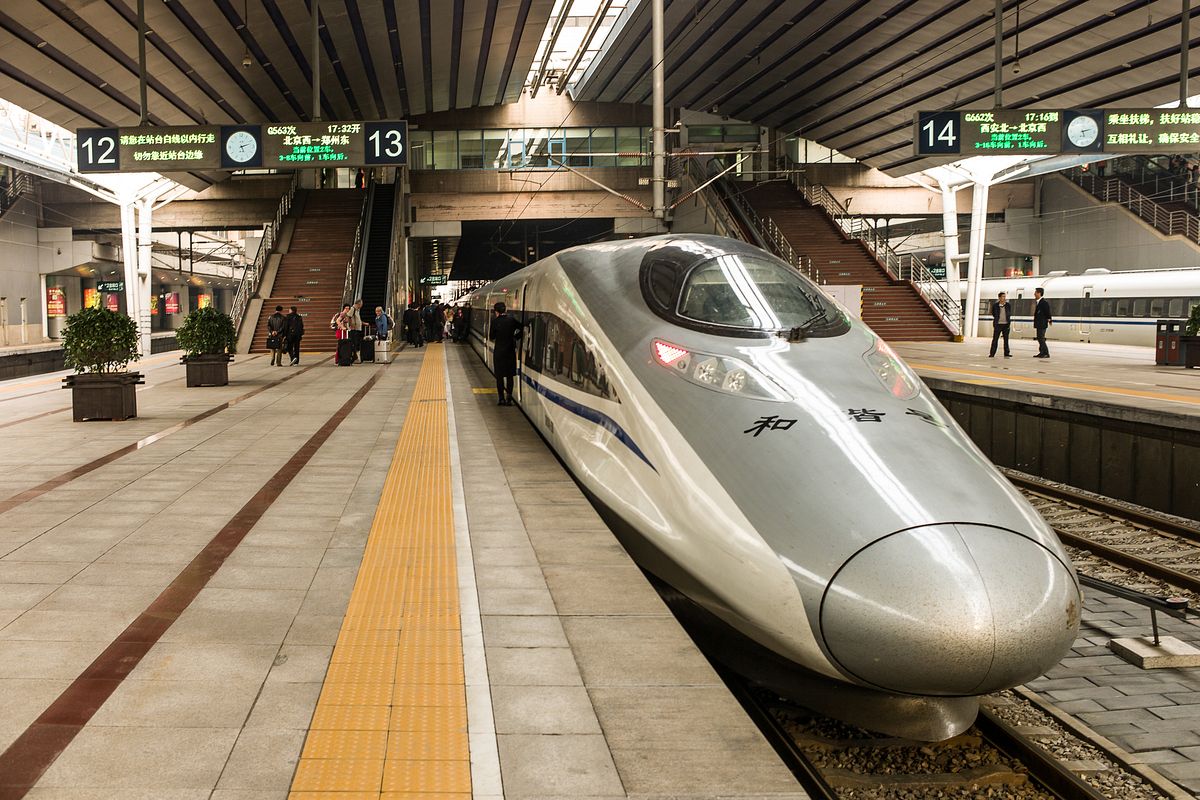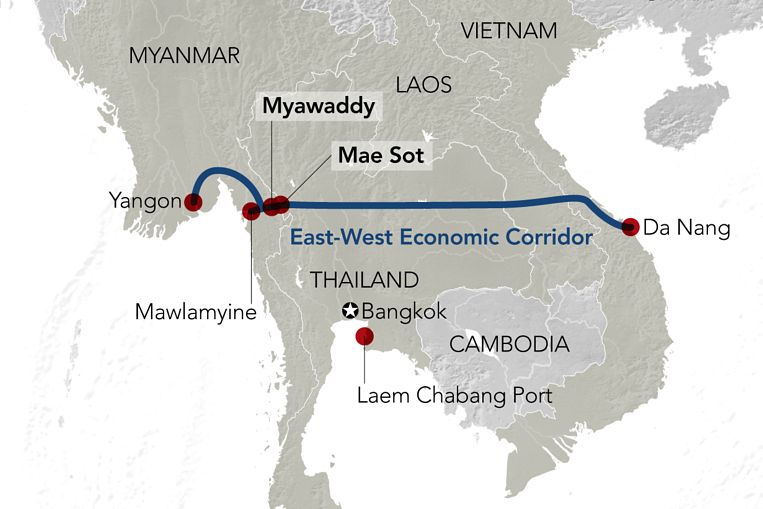Thailand is currently planning and building a number of high-speed railway projects connecting cities both within and outside the country.
Ambitious estimates reported by CNN say high-speed rail (HSR) trains traveling up to 250 kilometers per hour could connect Bangkok's two airports with Pattaya by 2024, and in 2023 a line between Bangkok and northeastern Khorat Province will begin service. Once extended, this latter line will reach into Laos and eventually China's Yunan Province.

Image via CNN Travel.
Aiming to replace time-consuming bus transfers in Bangkok, the line connecting the Thai capital's airports would reduce travel times from over an hour to just 20 minutes. It would then continue to beach hotspot Pattaya in less than an hour via the Eastern Economic Corridor (EEC), an area that constitutes 80% of total foreign investment in the country. While Chinese investment has been rejected for some of the lines, Chinese technology will be utilized as part of that nation's massive Belt and Road infrastructure plans.
Thai officials envision the lines forming part of an ambitious Pan-Asian Railway Network that places Thailand at the center of a network that includes Vietnam, Laos, Cambodia, Malaysia and Singapore. Some links are already well underway, with 55% of the route to Laos complete. Others are still seeking funding.
Integral to the plans is a massive new train station in Bangkok. When completed in 2021, Bang Sue station will cover 300,000 square meters, making it the largest train station in all of ASEAN.

Image via Bangkok Post.
Proponents of high-speed rail point to its potential to spur economic growth. Specifically, it could bring upwards of 10 to 20 million Chinese tourists to Laos and Thailand every year. It will also expedite transport to and from areas in the country that specialize in modern and smart production.
Critics, however, cite numerous realities that may doom the project. At a proposed THB330 (VND253,000), a ticket from Bangkok to U-Tapao Airport outside of Pattaya or THB500 (VND384,000) to Khorat, exceeds the country's daily minimum wage (THB300), and those that can afford it may prefer their own private cars anyway. Existing state-run transportation systems, including trains and buses, already run at a loss and face increasing competition from regional budget airlines such as AirAsia and Nok.
If rider numbers fail to reach even 90% of estimates, it will be impossible to pay back investors in the US$67 billion project. Additionally, to lay the tracks, 3,000 homes will have to be demolished and residents relocated, which is a costly, laborious process.
Paitoon Tikul, a retired soldier who frequently rides the country's trains, sums up some of the concerns to CNN: "I think HSR will be useful for certain people. But the cost of these projects is very expensive, and I worry about corruption. In my opinion, it would be better to use that money for improving schools, hospitals and more useful things."
[Top image: A high-speed train in China/Flickr]














